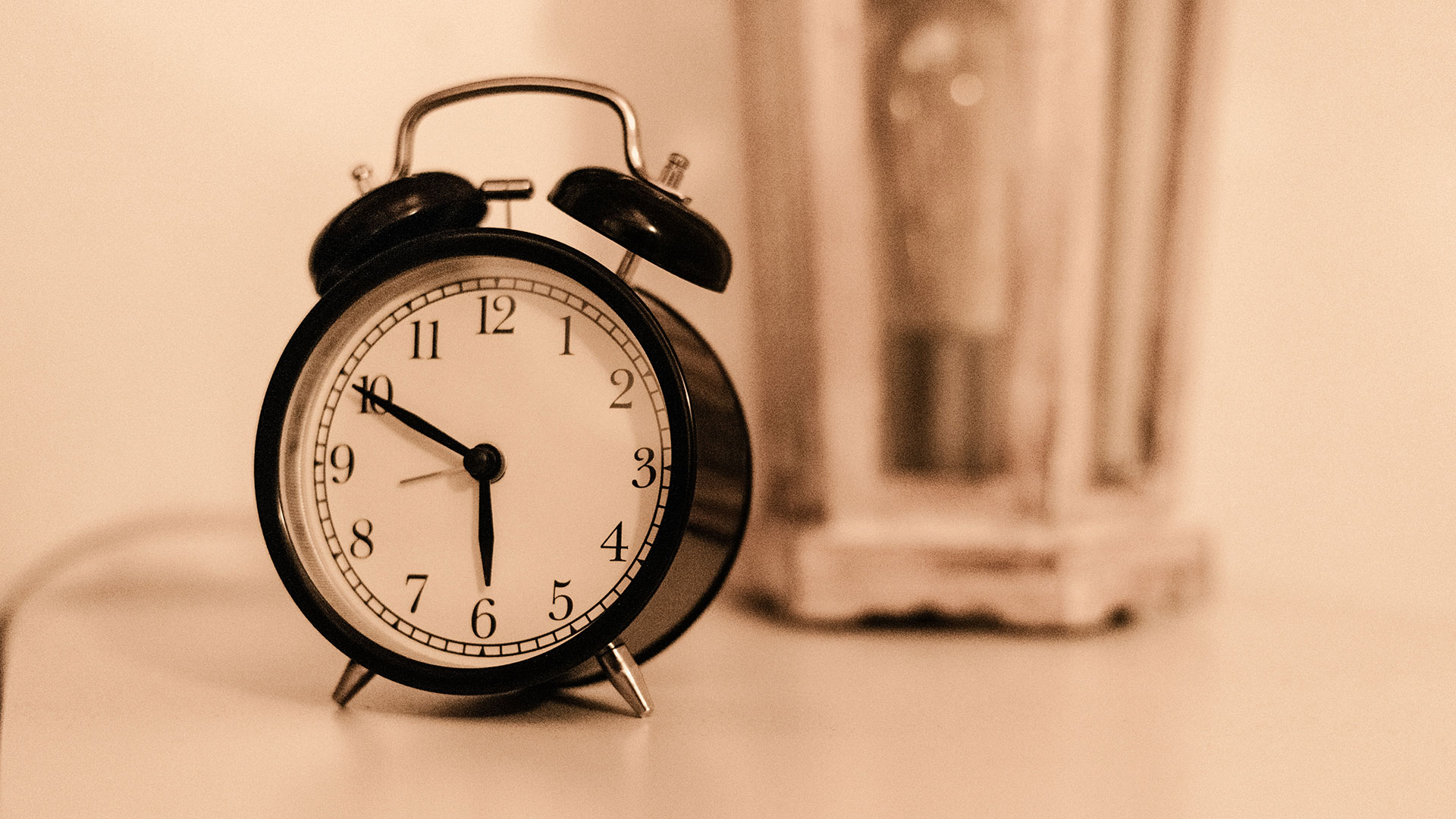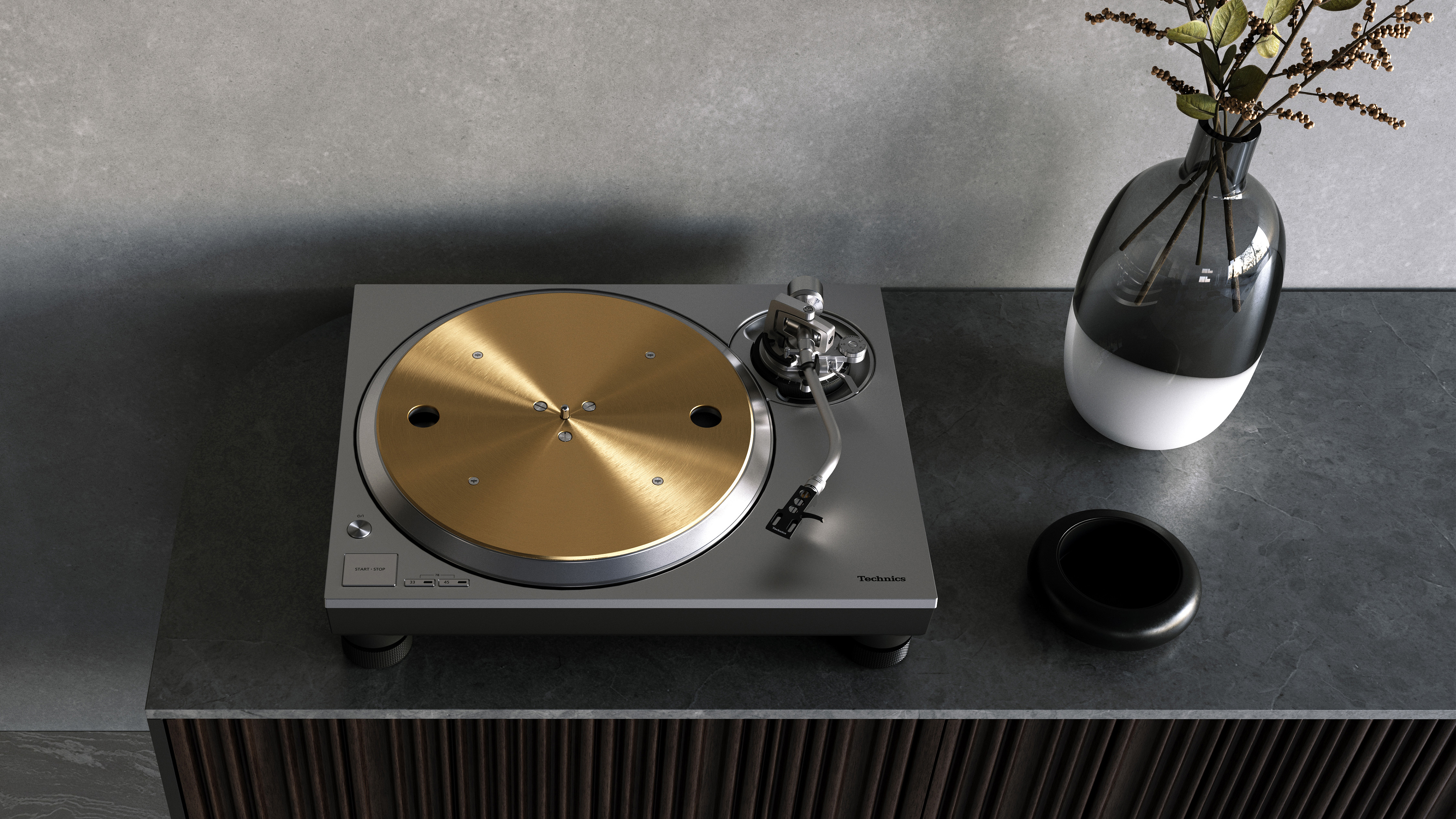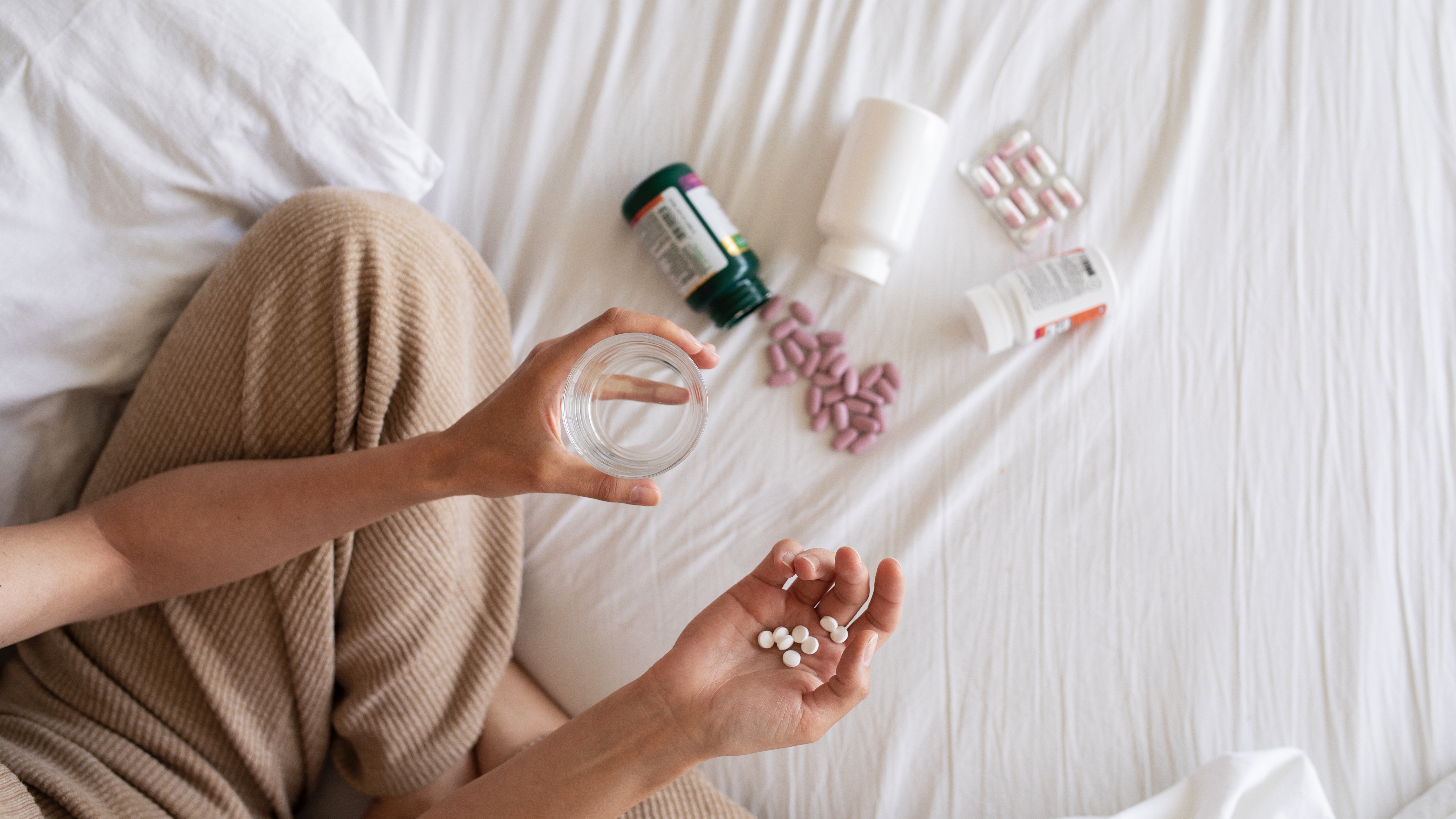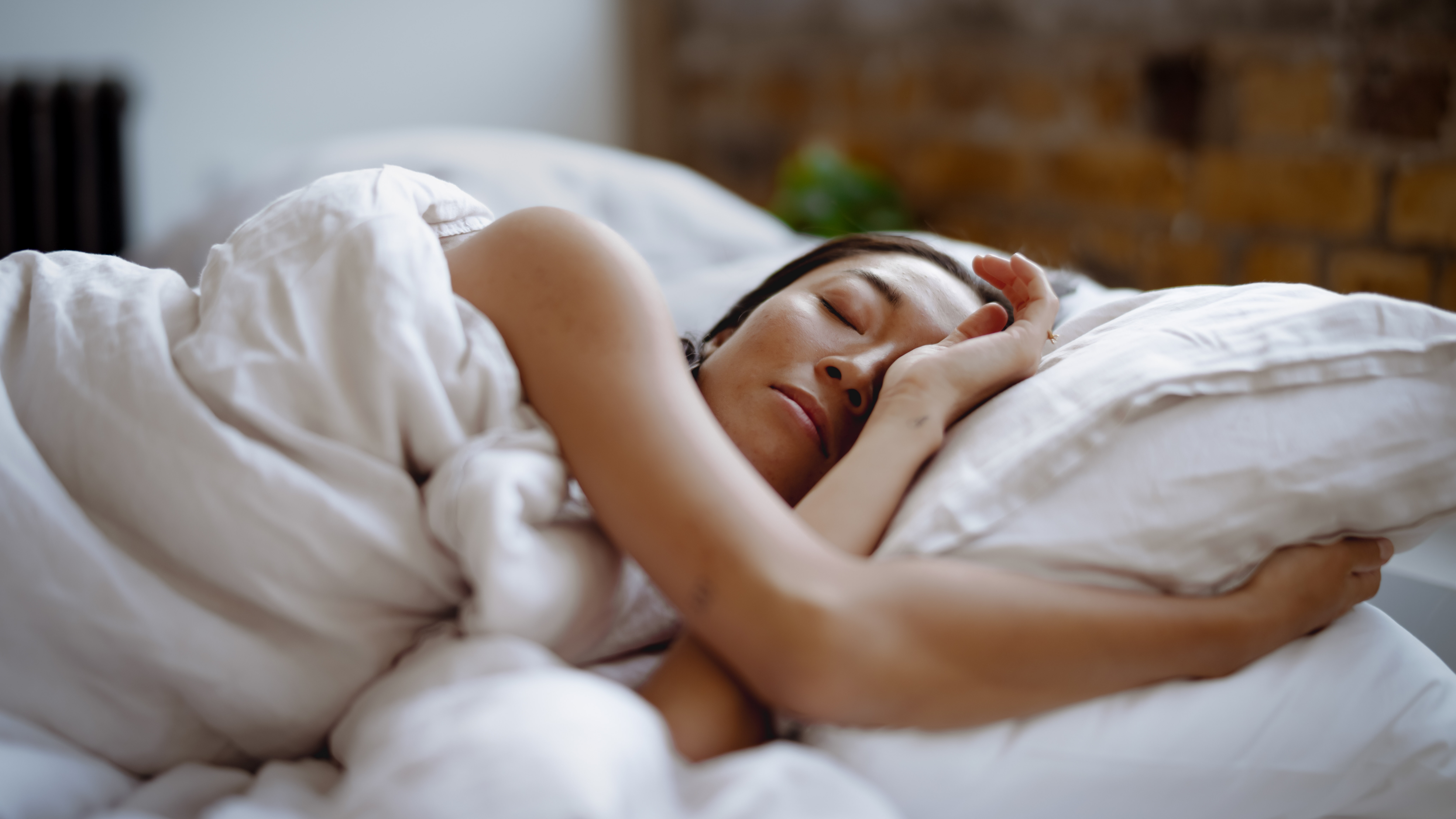

The importance of getting enough sleep is well documented. Amongst the many health and wellbeing impacts, a lack of good quality sleep is linked with cognitive decline and conditions such as dementia. However, a recent study has found that sleeping for too much can have a similarly negative effect on brain performance.
As reported by The Conversation, researchers at the Washington University School of Medicine found that sleeping for under 4.5 hours or more than 6.5 hours a night – as well as poor quality sleep – was linked with cognitive decline over time. Taken on face value, that'd mean an optimum sleep period of 4.5 to 6.5 hours a night, which is significantly lower than the traditional 7-8 hour recommendation.
We spoke to lead researcher Brendan P Lucey, Associate Professor of Neurology, Sleep Medicine Section Head, to learn more about the findings, and if we should now all start setting our alarm clock or wake up light for 5am.
First, note that this isn't the first study to look into the relationship between amount of sleep and cognitive decline, and previous research has come up with the same trend of results – i.e. a U-shaped or inverse U-shaped relationship that pinpoints too much sleep as being as much of an issue as too little. "The majority of previous research was based on sleep measures in large population studies or trial cohorts," expands Brendan. "Our study was small compared to these studies but much better characterised with very richly detailed cognitive assessments, biomarkers and genetic risk factors for Alzheimer’s disease, and objective EEG (brain wave) sleep measurements."
However, Brendan believes that despite what the objective findings suggest, there's another reason why longer sleepers might score lower on cognitive tests than just purely the fact of being in bed for more hours. "I hypothesise that longer sleepers who perform worse on cognitive tests over time have a reason why their sleep is not restorative or of high quality," he says. "For instance, they may have an untreated sleep disorder such as obstructive sleep apnea, where longer sleep time doesn’t equal quality sleep time."
He also stresses that there are certain limitations that need to be considered when deciding what to do with the info, such as the fact that the accurate EEG measures are around an hour shorter than self-reported sleep time. In short, you shouldn't be rushing to adjust your sleep and wake schedule just yet. "I don't think anyone should use the results of our study to determine what their sleep time should be," Brendan concludes. "I recommend that people allow themselves 7-8 hours to sleep and maintain regular sleep and wake times. If their sleep quality is poor or they suspect sleep disorders, they should be evaluated by their physician."
Want to upgrade your sleep quality? Your first stop could be your bedding – here's our ranking of the best mattresses around, as well as your guide to the Black Friday mattress sales.
Sign up to the T3 newsletter for smarter living straight to your inbox
Get all the latest news, reviews, deals and buying guides on gorgeous tech, home and active products from the T3 experts
Ruth is a lifestyle journalist specialising in sleep and wellbeing. She has tested more mattresses than her small flat can handle and will talk at length about them to anyone who shows even a passing interest, and has had to implement a one-in-one-out pillow policy for fear of getting smothered in the night. As well as following all the industry trends and advancements in the mattress and bedding world, she regularly speaks to certified experts to delve into the science behind a great night's sleep, and offer you advice to help you get there. She's currently Sleep Editor on Tom's Guide and TechRadar, and prior to that ran the Outdoors and Wellness channels on T3 (now covered by Matt Kollat and Beth Girdler-Maslen respectively).
-
 Under Armour's new sneaker doesn't play by the old rules
Under Armour's new sneaker doesn't play by the old rulesIf this is the future of the brand, it's off to a running start
By Matt Kollat
-
 Looking for a high-end record player? These 3 luxury turntables are the best
Looking for a high-end record player? These 3 luxury turntables are the bestIt’s Luxury Month on T3 – so here are the 3 top luxe record players you can buy
By Simon Lucas
-
 I spent 6 weeks with the FoodMarble Aire 2: here’s what I learned about my gut health
I spent 6 weeks with the FoodMarble Aire 2: here’s what I learned about my gut healthI’ve been testing the clever breath-testing gadget with the companion app over several weeks to find out if it delivers on its promises
By Lee Bell
-
 Oil pulling is going viral on TikTok for stopping morning breath – but does it actually work?
Oil pulling is going viral on TikTok for stopping morning breath – but does it actually work?4 hacks that prevent morning breath, according to a sleep expert
By Bethan Girdler-Maslen
-
 These limited edition McLaren x Loop earplugs are what you need for Formula 1 season
These limited edition McLaren x Loop earplugs are what you need for Formula 1 seasonMcLaren teams up with Loop on limited edition noise-reducing earplugs
By Bethan Girdler-Maslen
-
 5 sleep supplements that help me achieve 8+ hours of rest every night
5 sleep supplements that help me achieve 8+ hours of rest every nightIt took me years to perfect my sleep routine – here are the supplements that helped
By Lizzie Wilmot
-
 3 reasons why you wake up at 3am every night – and how to avoid it
3 reasons why you wake up at 3am every night – and how to avoid itAlways waking up in the middle of the night? This could be why…
By Bethan Girdler-Maslen
-
 This tiny device will automatically disable your distracting apps before you sleep
This tiny device will automatically disable your distracting apps before you sleepSay hello to Kip...
By Lizzie Wilmot
-
 Therabody experts give 7 tips for perfecting your sleep routine for World Sleep Day
Therabody experts give 7 tips for perfecting your sleep routine for World Sleep DayFrom breathing exercises to sleep masks, here’s how to prioritise sleep, according to experts
By Bethan Girdler-Maslen
-
 Loop Dream review: super soft earplugs to help you snooze soundly, even if you’re a side sleeper
Loop Dream review: super soft earplugs to help you snooze soundly, even if you’re a side sleeperSquishy silicone and uniquely shaped ear tips take Loop’s nighttime earplugs to dreamy heights
By Joanna Ebsworth